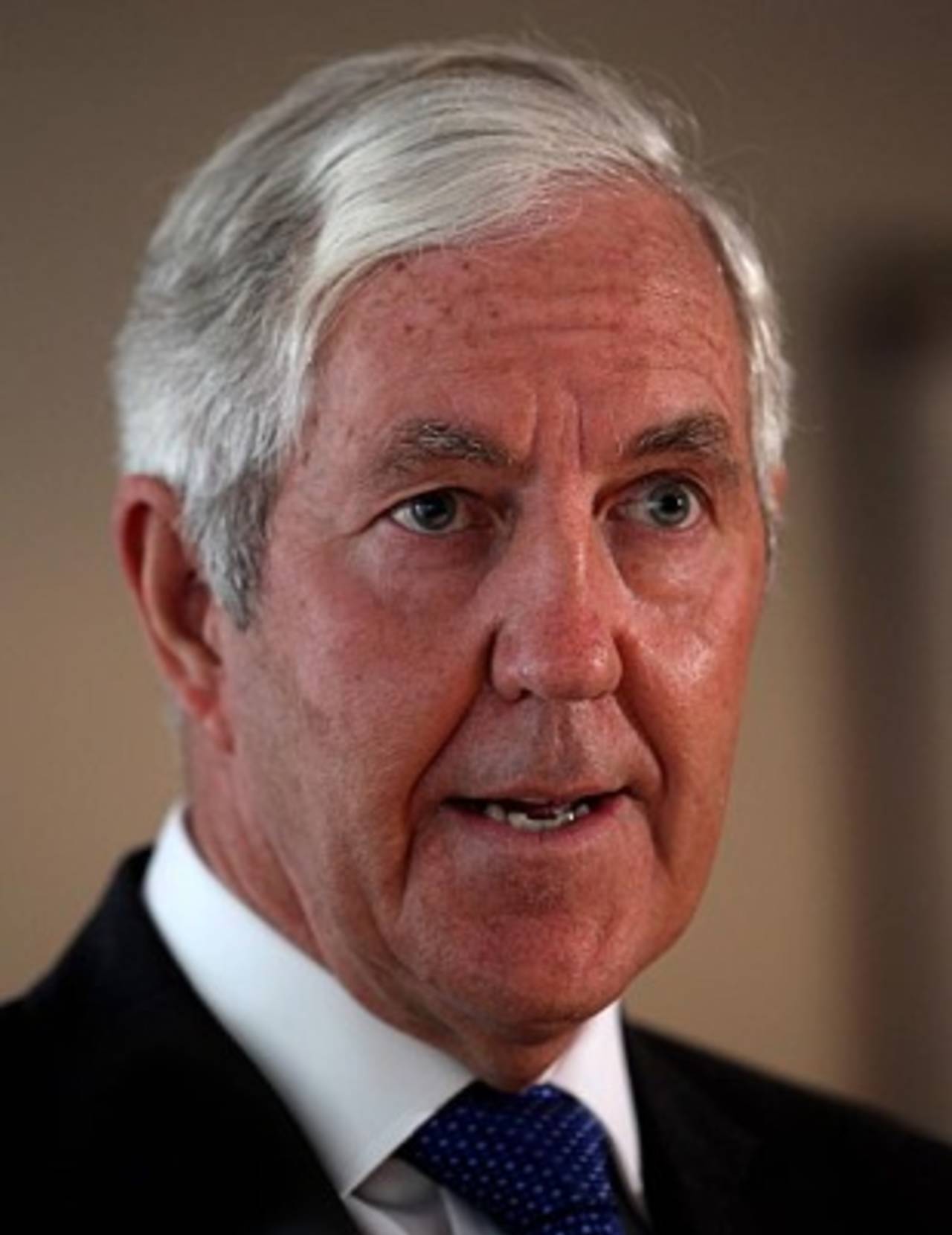Involve players more in tackling corruption - Condon
Sir Paul Condon, the former chief of the ICC's Anti-Corruption and Security Unit, has called for an enhanced role for players and their representative bodies in the fight against corruption in cricket
ESPNcricinfo staff
Nov 7, 2011, 6:53 AM

Corruption in Cricket was "unlikely to be totally eradicated", Paul Condon has said • Getty Images
Lord Paul Condon, the former chief of the ICC's Anti-Corruption and Security Unit, has called for an enhanced role for players and their representative bodies in the fight against corruption in cricket. Condon took charge of the ACSU in the aftermath of the match-fixing scandal in 2000 and stepped down in July 2010, before the spot-fixing allegations involving the three Pakistan cricketers - Salman Butt, Mohammad Asif and Mohammad Amir - who were recently convicted and sentenced to various prison terms, surfaced.
Condon had made a series of recommendations to the ICC to strengthen its anti-corruption measures when he took over the ACSU in 2000; among them was a greater role for players and their representative bodies in tackling corruption. "Although some progress has been made, I believe cricketers are still not an integral part of the solution to corruption," Condon wrote in the Daily Telegraph. "The anti-corruption endeavour is applied to them rather than with them.
"Consequently, over the past 10 years, cricketers have grudgingly accepted the anti-corruption measures rather than being the eyes and ears on the front line, reporting suspicious events. The MCC World Cricket Committee and others are now actively speculating about what more can be done. That is encouraging.
"They [players] must be empowered and encouraged to become more active stakeholders and guardians of cricket integrity. The ICC and national boards must rise to the challenge to find a more productive partnership with players and their representative bodies.
Condon said corruption in cricket was "unlikely to be totally eradicated" and that Twenty20 cricket had a "potentially more sinister underside", creating new challenges for administrators. A possible solution was also handing out punishments to national boards if any of their players were to be found guilty of corruption, Condon said. "The ICC must insist and ensure that every national board, team management and tournament organiser has accredited measures to prevent and detect malpractice.
"In future, if cricketers are found guilty of corruption, consideration should be given to punishing national boards and if possible tournament organisers, if they have been negligent with regard to the guilty behaviour.
"In the same way that the new Bribery Act in the UK seeks to hold to account companies who have not done enough to prevent their employees being drawn into corruption, the ICC should explore ways to hold national boards more accountable for their cricketers' integrity."